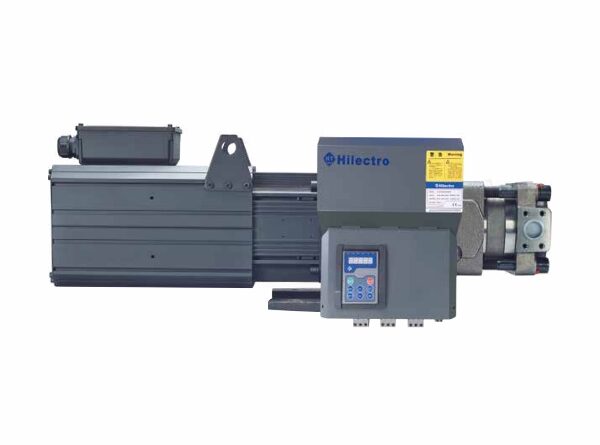Advantages of Servo Hydraulics in Precision Engineering
Servo hydraulics represent a critical advancement in the field of precision engineering, offering unparalleled control and efficiency in various industrial applications. In this article, we will delve into the advantages of servo hydraulics and explore how they have revolutionized precision engineering processes.
Precision and Accuracy
One of the foremost advantages of servo hydraulics is their exceptional precision and accuracy. These systems are capable of delivering controlled force and movement with high repeatability, making them ideal for tasks requiring exact positioning and motion control. In precision engineering, where even minute deviations can impact product quality, servo hydraulics excel in ensuring consistent performance.
Power Efficiency
Contrary to traditional hydraulic systems, servo hydraulics are designed for energy efficiency. By utilizing advanced control algorithms and feedback mechanisms, these systems optimize power consumption based on real-time demands. This not only reduces operating costs but also contributes to a greener and more sustainable manufacturing environment.
Control and Flexibility
Servo hydraulics offer unmatched control and flexibility in adapting to varying operating conditions. They can adjust parameters such as speed, force, and position dynamically, enabling complex movements and sequences. This versatility makes servo hydraulics indispensable in applications where precise control over motion and force is essential.
Applications in Precision Engineering
The application scope of servo hydraulics in precision engineering is extensive. These systems play a pivotal role in modern manufacturing processes, such as metal forming, die casting, and injection molding, where tight tolerances and intricate shapes are required. Moreover, industries like robotics, aerospace, and automotive heavily rely on servo hydraulics for high-performance motion control and actuation.
Comparison with Other Systems
When compared to electric systems, servo hydraulics offer distinct advantages in terms of power density and robustness. Unlike traditional hydraulic setups, servo hydraulics eliminate issues like fluid leakage and provide faster response times, ensuring superior performance in demanding environments.
Key Components and Working Principle
At the core of servo hydraulics are sophisticated actuators driven by hydraulic fluid under precise control. Feedback sensors continuously monitor parameters, enabling closed-loop control for accurate positioning. Valves and pumps regulate fluid flow, translating electrical signals into mechanical motion with minimal lag.
Case Studies and Success Stories
Numerous case studies demonstrate the transformative impact of servo hydraulics on productivity and quality. For instance, in the automotive sector, servo-controlled presses have significantly improved part consistency and reduced material waste. Likewise, in aerospace manufacturing, servo-driven actuators enhance the precision of critical operations like wing assembly.
Future Trends and Innovations
Looking ahead, advancements in servo hydraulics will continue to drive innovation in precision engineering. Integration with Internet of Things (IoT) technologies and artificial intelligence (AI) promises enhanced predictive maintenance and adaptive control strategies, further optimizing performance and reliability.
Challenges and Considerations
Despite their advantages, servo hydraulics pose challenges related to maintenance complexity and initial investment costs. Moreover, ensuring environmental sustainability remains a priority, prompting the development of eco-friendly hydraulic fluids and efficient recycling practices.
Conclusion
In conclusion, servo hydraulics represent a cornerstone technology in precision engineering, offering unmatched precision, energy efficiency, and flexibility. As industries embrace automation and demand higher production standards, servo hydraulics will remain integral to driving innovation and pushing the boundaries of what is achievable in precision manufacturing.

